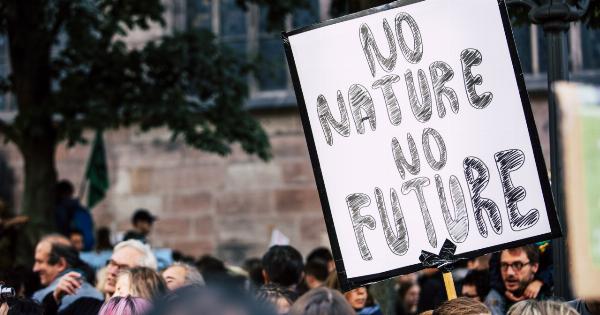Conspiracy theories have been around for a long time, from the belief that the moon landing was faked to the idea that the government is hiding evidence of alien life.
While some may dismiss these ideas as irrational or unfounded, there are many people who believe in conspiracy theories fervently. In this article, we will explore why some people are drawn to these ideas, as well as the potential consequences of belief in conspiracy theories.
Psychological Factors
One reason why some people believe in conspiracy theories may be psychological in nature. Research has shown that people who feel a lack of control in their lives are more likely to believe in conspiracy theories.
This is because believing in a conspiracy theory can give them a sense of agency and control over their world, even if that control is illusory.
Other psychological factors that may contribute to belief in conspiracy theories include feelings of insecurity, low self-esteem, and a need for explanations for events that are beyond their understanding.
Additionally, people who are more prone to paranoid thinking may be more likely to believe in conspiracy theories.
Social Factors
Another reason why some people believe in conspiracy theories has to do with social factors.
Research has shown that people are more likely to believe in conspiracy theories if they are part of a marginalized group or feel like their voice is not being heard. People who feel like they are outsiders may be more likely to embrace alternative explanations for events that do not align with mainstream narratives.
Additionally, the internet has made it easier for people to connect with others who share their beliefs in conspiracy theories.
Social media platforms and online forums allow people to interact with like-minded individuals and form communities around these ideas. This can reinforce their belief in conspiracy theories and make them more resistant to contrary evidence.
Cognitive Biases
Cognitive biases are another potential reason why some people believe in conspiracy theories. Cognitive biases are mental shortcuts that our brains use to simplify complex information.
While these shortcuts can be helpful in some situations, they can also lead to errors in judgment and decision-making.
One cognitive bias that may contribute to belief in conspiracy theories is confirmation bias. This is the tendency to seek out information that confirms our preexisting beliefs and to ignore information that contradicts them.
People who believe in a conspiracy theory may be more likely to seek out information that supports that theory and dismiss information that goes against it.
Another cognitive bias that may play a role in belief in conspiracy theories is the illusory pattern perception. This is the tendency to see patterns in random data, even if those patterns do not actually exist.
People who believe in conspiracy theories may be more likely to see patterns or connections between events that are not really related, leading them to believe in a grand conspiracy.
The Consequences of Belief in Conspiracy Theories
Belief in conspiracy theories can have real-world consequences, both for individuals and for society as a whole. One potential consequence is that it can lead to a mistrust of institutions and authority figures.
This can make it harder for governments, media outlets, and other organizations to communicate important information, as people may be skeptical of their motives or dismiss important information as a conspiracy.
Another potential consequence of belief in conspiracy theories is that it can lead to social isolation.
People who believe in conspiracy theories may feel like they are part of a special group that understands the “truth,” but this can also make them feel separate from others who do not share their beliefs. This can lead to feelings of loneliness and alienation.
Finally, belief in conspiracy theories can also be harmful to individuals’ mental health. It can cause anxiety, depression, and a sense of hopelessness.
Additionally, it can be difficult for people who believe in conspiracy theories to engage with others who do not share their beliefs, which can cause interpersonal problems and make it difficult for them to build meaningful relationships.
Conclusion
Belief in conspiracy theories is a complex phenomenon that is influenced by a variety of factors, ranging from psychological to social to cognitive.
While some people may be drawn to these ideas due to a lack of control in their lives, others may be influenced by cognitive biases or social factors like marginalization or a desire to feel part of a special group. Regardless of the reason for belief in conspiracy theories, it is important to understand the potential consequences of these beliefs and to approach them with a critical eye.






























